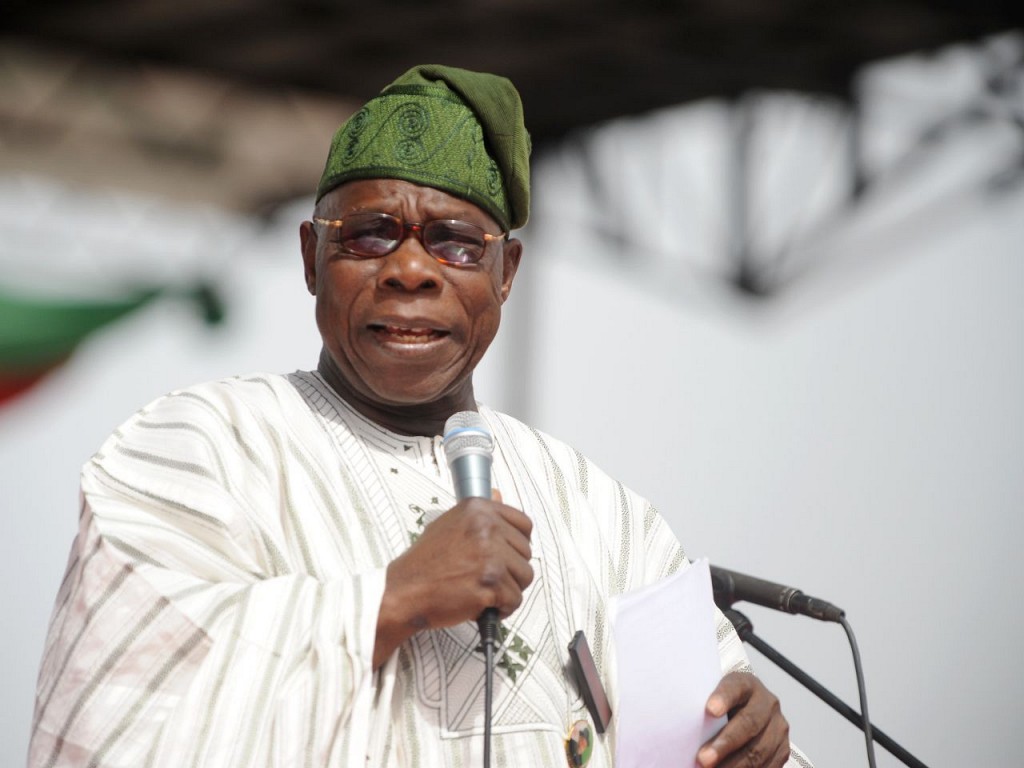Obasanjo bemoans Nigeria’s low investment in girl-child education
A former Nigerian President, Olusegun Obasanjo, on Thursday said there was no justification for Nigeria’s low investment in girl-child education. He insisted that no reason could be adduced culturally, religiously or socially on why the girl-child should not have the same opportunities, the same access to education as the male child. Obasanjo spoke on Thursday […]

A former President of Nigeria, Olusegun Obasanjo.
A former Nigerian President, Olusegun Obasanjo, on Thursday said there was no justification for Nigeria’s low investment in girl-child education.
He insisted that no reason could be adduced culturally, religiously or socially on why the girl-child should not have the same opportunities, the same access to education as the male child.
Obasanjo spoke on Thursday when three women groups paid him a courtesy call at his private residence within the Olusegun Obasanjo Presidential Library (OOPL), Abeokuta.
The groups were United Nations Industrial Development Organisation (UNIDO), United Nations Women as well as Women Entrepreneurs and Professionals Development Network (WEPDN).
The former President also bemoaned child marriage and lack of enough women in political appointments, which according to him, was needed to drive positive change in the country.
Obasanjo, who harped on the role women play in any society, insists that “men are by no means superior to women.”
According to him, women form more than 50 percent of Nigeria’s population and they must be celebrated.
“There are three areas where I believe all of us in this country have to work on. One, is female child education. We are still lagging behind and there is no reason, culturally or religiously and even socially why the girl child should not have the same opportunities, the same access to education as the male child.
“Second one is child marriage; when you have to marry off the girl child at the age of 13, 14 of course, we know that her education is short-circuited and when her education is short-circuited, it affects her for the rest of her live.
“And the third is making sure we get enough women in political-elective offices and political appointments, not only political, but also in the private sector.
“Women are not by any means pushovers. We know that in what they call the informal sector, when you remove women from this informal sector, then your formal sector is non-existing,” Obasanjo said.
The Country Representative of UN Women in Nigeria, Ms. Comfort Lamptey, agreed with Obasanjo’s view and called for positive change.
“The issues of early child marriage is a big one here in Nigeria; we know that more girls are out of school, and when girls are out of school, their education is limited and their opportunities are also limited and that also sets back the development of the country,” she said.
